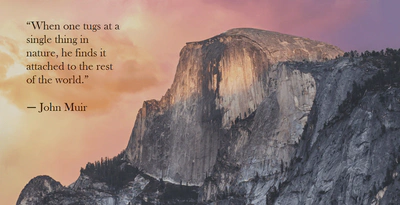Networks

I would like to dedicate this post to Keith Lyons (1952-2020), just over a year since his sad and unfortunate passing. On more than one occasion since then I’ve sought Keith’s wisdom and for a brief moment committed to send him an email or direct message, before reality quickly took hold again.
Whilst pulling together my thoughts on “networks” I instinctively knew it would be worth checking in with Keith’s Clyde Street blog and the rich content that has been so carefully curated there. In searching for posts on “networks” the first one I found also happened to be tagged “wayfinding”. Following the tag trail revealed Keith’s first post on both wayfinding and networks was way back in 2009…why am I not surprised!
Keith, what a kind and brilliant person you were. Thank you for everything you did and the legacy you’ve left.

Rethinking Networks (already)
In the core concepts post I positioned networks as potentially straddling both “philosophy” and “approach”. Having chewed on that further I might have to expand it to include “methods” and “tools” as well. Network modelling/mapping is a method, and the WayFinder Platform is, in part, a network visualisation tool.
However the reason I positioned “networks” as a core concept was for more substantial reasons. As a philosophy, or even ontology, it is a way of conceptualising the inherent nature of life and the planet…that is, as a highly interconnected (complex) system. I like this quote…

In a network philosophy and approach, change often emerges from creating new connections and/or a qualitative shift in the interactions between the parts (elements/nodes), rather than a direct change in the parts themselves.
In some facets of our lives we seem to “get” the idea of networks and their power - many advocate for the benefits of “networking” in professional life and the serendipitous opportunities that seem to emerge from that; the internet really requires no further explanation (although, whilst holding great potential, lets not make the mistake of assuming the internet is destined for “doing good”); and the global pandemic has left us more familiar with the dynamics of biological networks.
Contemporary views of the brain, cognition and behaviour have also coalesced around (distributed) networks…
“In a highly networked system like the brain, we need to shift from thinking in terms of isolated brain regions, and adopt the language of networks: Networks of brain regions collectively support behaviors.” link
“signal distribution and integration are the norm, allowing the confluence of information related to perception, cognition, emotion, motivation, and action; and, the functional architecture is composed of overlapping networks that are highly dynamic and context-sensitive” link
“there is no algorithm available to describe the process used by the network to solve the problem. There are only complex patterns of relationships” link
However when it comes to other aspects of our lives, such as ways of formally organising and “creating a culture”, we tend to (unknowingly?) shift our philosophy and approach to something more hierarchical and pyramid-like…

I see this as a severe rate-limiter holding back our ability to tackle some of the biggest challenges we face as a global community.
That is why dynamic networks, not rigid hierarchy, is a core concept of WayFinders Network and the WayFinder Platform. I anticipate the platform will be used regularly for “action learning”1 campaigns focused on cultivating such dynamic networks across private, public and civil society (perhaps dissolving those labels in the process?).
To finish I want to return to Keith. I hear one of his greatest assets was connecting people from a range of fields, bringing them together through rich conversation and sense of community. It is this very human and relational aspect of his network weaving legacy that I hope to carry forward.
RIP Keith.
-
Action Learning is another core concept that will be covered soon in this series. ↩︎